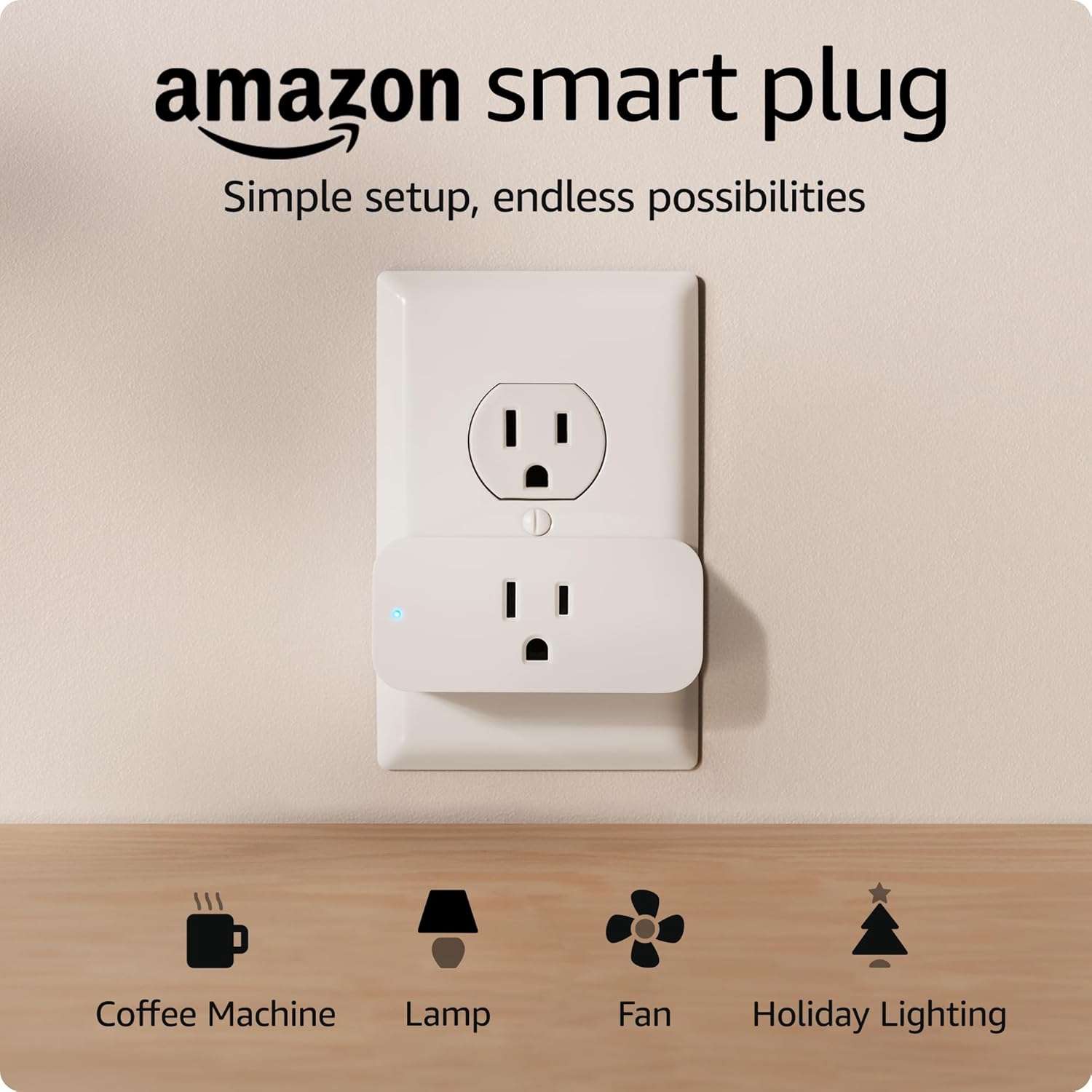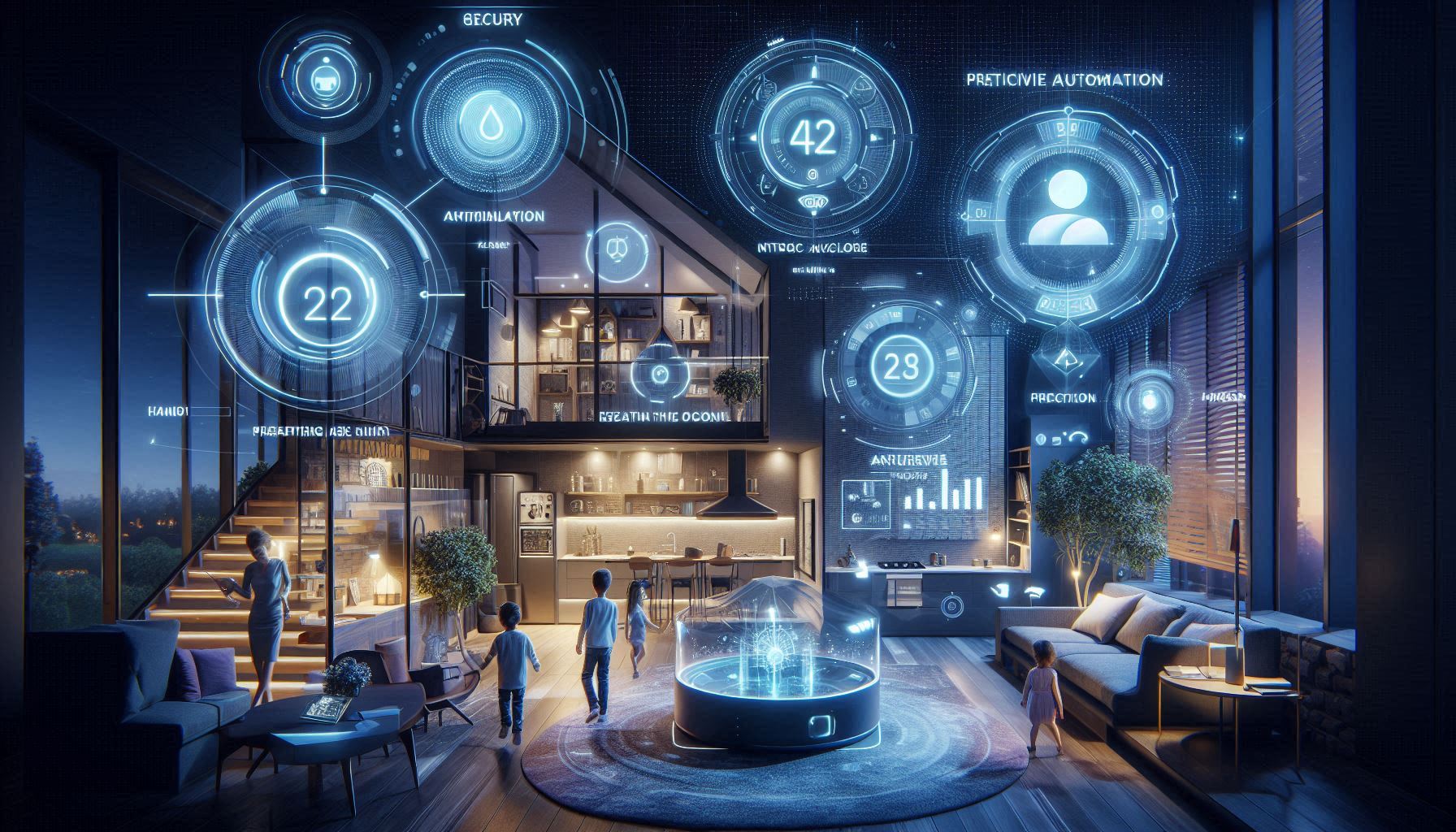The Future of Home Automation with AI
The concept of smart homes has come a long way in recent years, and artificial intelligence (AI) is at the heart of this evolution. As technology continues to advance, the future of home automation is set to become more intuitive, efficient, and personalized than ever before. From voice-activated assistants to predictive systems, AI is transforming the way we interact with our living spaces.
Personalized Living Spaces
One of the most exciting developments in AI-powered home automation is the ability to create truly personalized environments. AI systems can learn your habits, preferences, and routines to automatically adjust settings like lighting, temperature, and music. For example, your home could dim the lights and play relaxing music when it’s time to wind down in the evening or preheat the oven before you start cooking dinner, all without you lifting a finger.
Energy Efficiency and Sustainability
AI is also playing a significant role in promoting energy efficiency. Smart thermostats, for instance, can analyze weather patterns and your usage habits to optimize energy consumption, reducing both costs and environmental impact. AI-powered systems can identify energy-draining appliances and suggest ways to improve efficiency, helping homeowners live more sustainably.
Enhanced Security
Home security is another area where AI is making strides. Smart cameras with AI capabilities can differentiate between familiar faces and potential intruders, sending real-time alerts to homeowners when something unusual is detected. Advanced systems can even simulate occupancy by turning lights on and off or playing sound effects when you’re away, deterring potential break-ins.
Seamless Integration
As AI becomes more advanced, the integration between devices will improve, creating a seamless and interconnected ecosystem. Future smart homes will feature devices that communicate with one another effortlessly, ensuring that every aspect of your home—from your refrigerator to your home theater system—works in harmony.
The Role of Voice Assistants
Voice assistants like Amazon Alexa, Google Assistant, and Apple’s Siri are already central to many smart homes, but their capabilities are expanding rapidly. Future iterations will be able to understand context more deeply, engage in natural conversations, and handle complex tasks with ease. Imagine asking your assistant to plan a dinner party, and it not only schedules the event but also adjusts the lighting, orders groceries, and sets the table.
Challenges and Ethical Considerations
While the future of AI in home automation is promising, it does come with challenges. Privacy concerns are at the forefront, as more connected devices mean more data collection. Ensuring that AI systems are secure and transparent will be critical in gaining consumer trust. Additionally, there’s the question of accessibility—making sure these advancements are affordable and available to a wide range of users.
Conclusion
The future of home automation with AI is brimming with possibilities. As technology continues to advance, our homes will become smarter, more efficient, and tailored to our individual needs. While challenges remain, the potential to enhance convenience, security, and sustainability makes AI an exciting frontier for homeowners and innovators alike. The smart homes of tomorrow are closer than we think, and they’re set to redefine the way we live.

Lutron Caséta Wireless Smart Lighting Dimmer Switch Starter Kit with Smart Bridge — Works with Alexa, Apple HomeKit, and Google Assistant

Amazon Smart Plug, Works with Alexa – Control your devices with voice or app

All-New Echo Show 8 (2nd Gen, 2023 release) — Smart display with Alexa, premium sound & 13MP camera

Leave a Reply